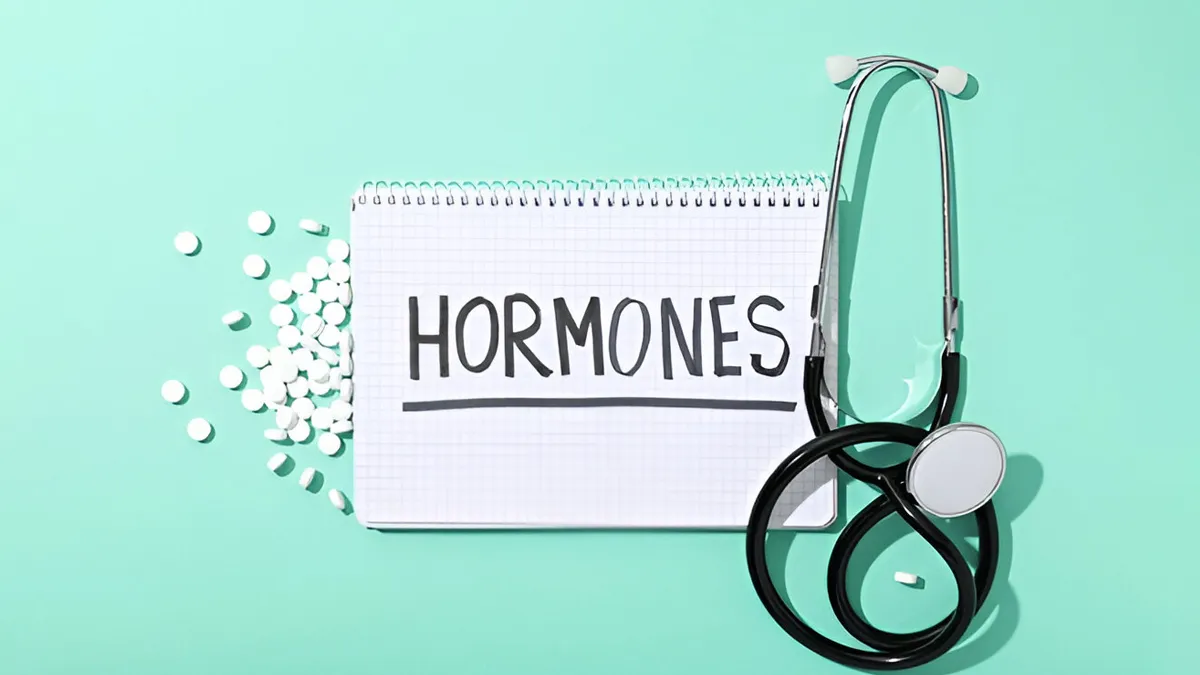
In our fast-paced world of instant gratification, it's easy to fall for quick solutions. The health industry is full of '21-day hormone fixes' and 'detoxes' promising to correct hormonal issues with a strict, short-lived program. While these challenges can be an excellent way of raising awareness and setting up more healthy habits, the reality is that full hormonal healing is not a sprint; it's a marathon, a deep and lasting lifestyle transformation.
Table of Content:-
Complications Due To Hormonal Imbalance

Hormones are a complex, interconnected symphony that doesn’t change overnight. The imbalances that result in symptoms, such as irregular periods, weight gain, exhaustion, and mood swings, are usually the accumulated results of years of stress, bad diet, pollution, and sleep deprivation. "A 21-day program, no matter how well-designed, cannot fully undo these deep-rooted patterns. It can, however, provide a powerful catalyst for a lifelong journey," said Vidhi Chawla, Dietician and Founder, Fisico Diet and Aesthetic Clinic, Gurugram.
Also Read: The Hidden Link Between Gut Health And Hormones: What Every Woman Needs To Know
Key Pillars Of Maintaining Hormonal Balance
The essence of hormonal balance is a holistic approach based on consistency, rather than intensity. This implies transcending a fleeting 'diet' and adopting an enduring living style. The key pillars of this lifestyle evolution include:
Sustainable Nutrition

"Instead of a restrictive detox, focus on a nutrient-dense, whole-foods diet. Prioritise healthy fats (avocados, nuts, seeds) for hormone synthesis, lean proteins for building blocks, and a rainbow of fruits and vegetables for fibre and antioxidants," advised Chawla. This approach supports blood sugar stability and reduces inflammation, two fundamental factors for hormonal harmony, without the burnout that comes from deprivation.
Stress Management is Non-Negotiable
Chronic stress is one of the biggest hormonal disruptors. It elevates cortisol, which can then throw off thyroid, insulin, and sex hormones. A lifestyle focused on healing hormones must include daily, non-negotiable stress-reducing practices, whether it's 15 minutes of meditation, a walk in nature, or a relaxing evening routine.
Also Read: Best Cortisol Supplements To Enhance Your Hormonal Balance
Prioritising Sleep

Sleep is a time for hormonal repair and regulation. Poor sleep hygiene can disrupt your circadian rhythm, elevate cortisol, and impair insulin sensitivity. A thorough review in Diabetology & Metabolic Syndrome highlights the way sleep disorders interrupt hormonal metabolism, stimulating the HPA axis and raising cortisol, impacting thyroid, growth hormone, and reproductive hormone systems.
"Making a conscious effort to get 7-9 hours of quality sleep each night is perhaps one of the most powerful things you can do for your hormonal health," added Chawla.
Mindful Movement
Instead of punishing workouts that add stress, embrace joyful movement. A mix of strength training to build muscle (which improves insulin sensitivity) and low-impact activities like yoga or brisk walking can support your hormones without overtaxing your system. According to Harvard Health, exercise lowers stress hormones like adrenaline and cortisol while boosting mood-lifting endorphins.
Bottomline
Chawla concluded, "Healing hormones are a slow, steady process of creating an internal environment where your body feels safe, nourished, and supported. It’s about listening to your body's signals, being patient with the journey, and making small, consistent changes that build a foundation for long-term health, rather than chasing a quick fix that is destined to fade. It's a commitment to a healthier, more balanced you, not just for 21 days, but for a lifetime."
[Disclaimer: This article contains information provided by an expert and is for informational purposes only. Hence, we advise you to consult your professional if you are dealing with any health issue to avoid complications.]
Also watch this video
Read Next
When Kidney Infections Don't Respond To Antibiotics: What It Means And What To Do About It?
How we keep this article up to date:
We work with experts and keep a close eye on the latest in health and wellness. Whenever there is a new research or helpful information, we update our articles with accurate and useful advice.
Current Version
